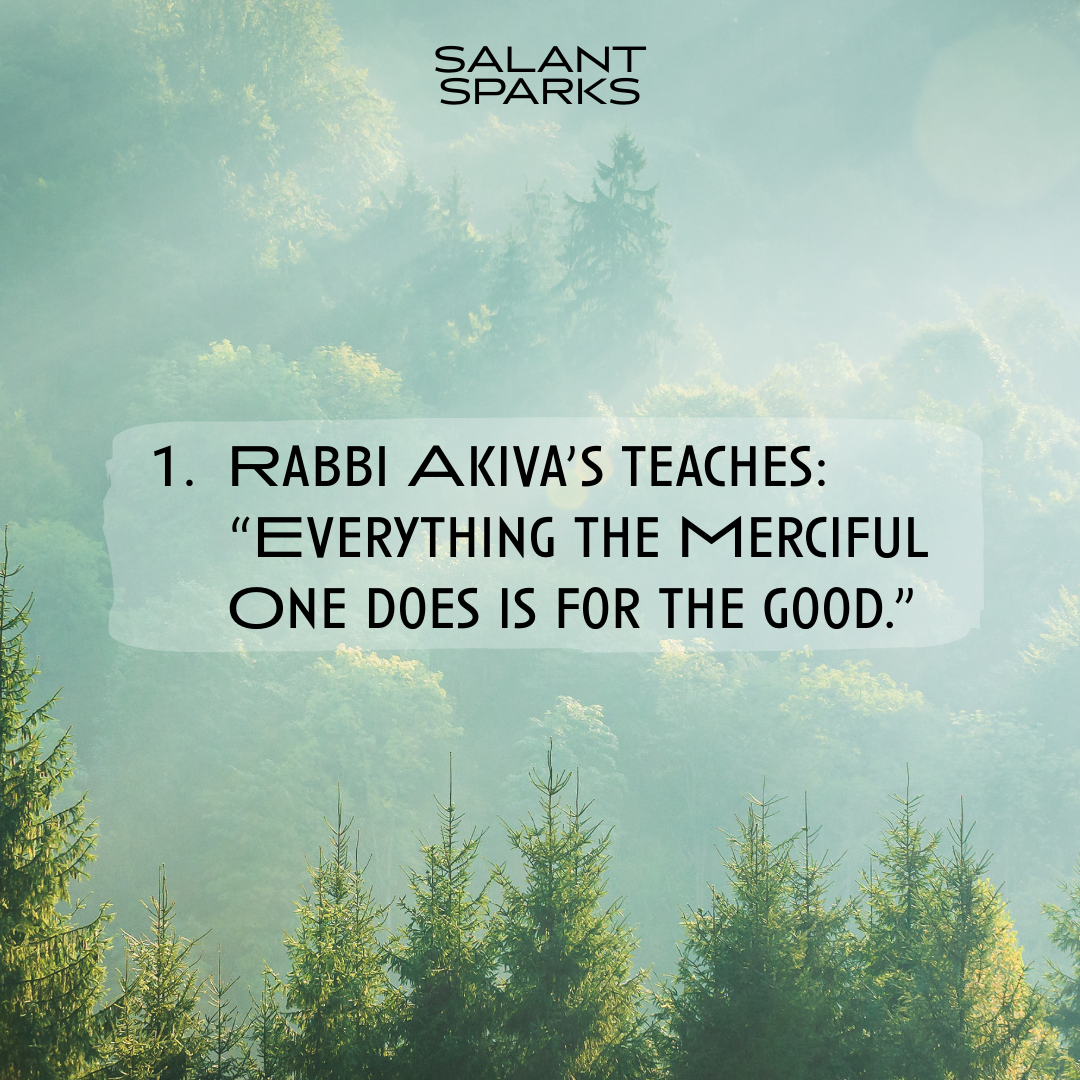| Meór HaShabat Semanal |
| Perspectivas para a Vida, Ideias para o Crescimento Pessoal |
| |
Bom dia, !
Eis as novidades desta edição do Meor Hashabat Semanal:
- Há Algo Maior que Ter Esperanças ?
- O Final do Livro de Bereshit (Gênesis)
- Uma Carta do 'Outro Mundo'
Horário de Acender Velas de SHABAT: (2 de janeiro)
S. Paulo: 18:37 h Rio de Janeiro 18:22 Recife 17:21 Porto Alegre 19:09 Salvador 17:44 Curitiba 18:51
B. Horizonte 18:19 Belém 18:04 Brasília 18:26 Jerusalém 16:06 Tel Aviv 16:28 Miami 17:22 Nova York 16:20
Shabat Shalom a todos !
gerson
Esta edição é dedicada em memória de RABINO KALMAN MOSHE ben REUVEN AVIGDOR, HARAV ELIEZER SAID BEN-DAVID ben MONAVAR, SARA BAT MORDEHAI, MORDEHAI BEN MOSHE Z"L, HARAV MENAHEM MENDEL BEN HARAV YEHUDA YEHIELZ"TL, REBE DE KALIV, e RABINO AZRIEL TAUBER BEN AHARON Z"TL
e à pronta recuperação de Shimon ben Haia Sara, Haim Avraham Tzvi ben Golda, Rebe Moshe ben Reizel, Rabino Shemariahu Yossef Nissim ben Batia e Rabino Matitiahu Haim ben Etl
Para parar de receber o Meor Hashabat semanalmente:
mande para (to): meor18@hotmail.com
assunto (subject): PARAR








